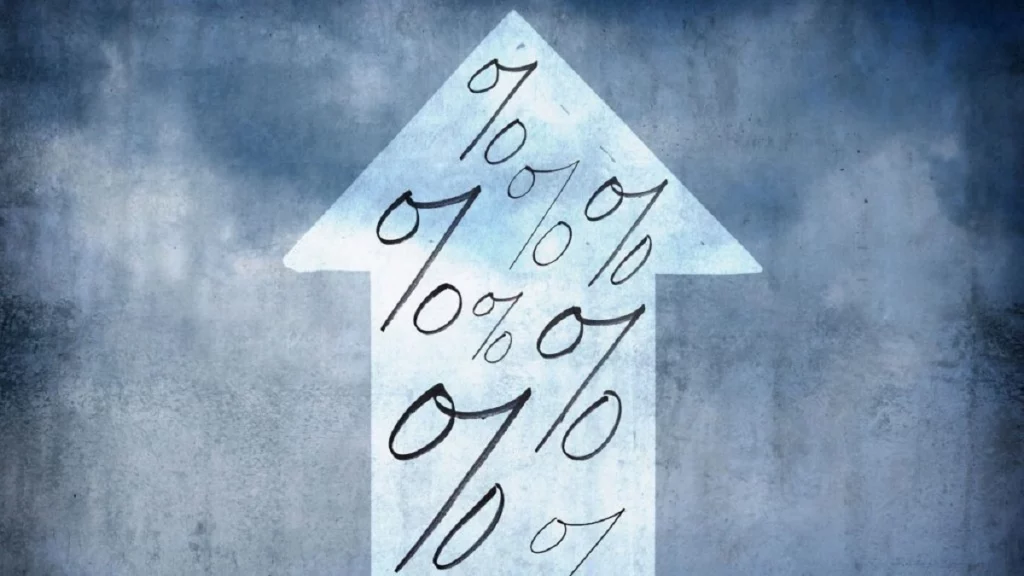Half a Percentage Point Makes a Whole Lot of Difference
Interest rates going up can cause problems for many people, but those already in debt may struggle to cope with rate increases the most.
The Bank of England has increased interest rates by the largest amount in 27 years, half a percentage point, but what does that mean to people already living (and struggling) with debt?
Let’s consider a few potential scenarios…
Personal loans
There are several reasons why someone might take out a personal loan or finance. It may well be to get an extension to the house, or to buy a new car. An interest rate increase will mean that the interest rate on a new personal loan may be higher and the amount to be paid back will therefore be higher. This may affect how much someone is willing to spend.
There are other people however, that may have been looking to a loan to consolidate their existing debts, or they may require a loan to carry out necessary repairs or replace a broken item like a white good or a car. In these situations people might be purchasing at a higher interest rate which might come in at a monthly rate they are going to struggle to afford.
What about people worried about their mortgage repayments?
It’s an understandable worry, as for those not on fixed rates, the impact of rising interest rates may already be front and centre of household conversations. Mortgage repayments are obviously high (if not highest) on the list of essentials, and so people experiencing higher repayments will be looking to make savings in other areas. There will be some people looking at their mortgage repayments alongside other debt repayments, and wondering where the money is going to come from to pay for everything. For those with fixed rate mortgages, the worry is more to do with just how big the jump is going to be once their fixed rate comes to the end of its term.
How about people looking to move house?
The rise in interest rates will be affecting many peoples’ thinking when it comes to moving house. The amount home buyers will be looking to borrow will probably be lower now than it would’ve been before the rate increase, as they have to be realistic about how much they’d be able to pay back in the future. The next question they’ll be considering is how long to fix the rate for, especially if interest rates rise again, as they are widely expected to.
Are there any winners in this?
The only real winners with an interest rate rise like this are savers, who will find that their savings go up quicker. Saving during a period of increasing interest rates can mean you’re in a stronger financial position once rates do eventually stabilise. That being said banks are being a lot slower to pass on the rate interest to savers than they are to adding it to the interest rates they are charging.
That being said, saving in the first place becomes a tougher task when repayments are increasing with everything, at the same time as the ongoing rise in the cost of living, which is showing no sign of slowing down.
What can you do?
For people worried about how a rise in interest rates affects their situation, especially with regards to their existing debts, there may be options available to help soften the blow. As ever, burying your head in the sand is a bad idea, as things will likely get worse before they get better, and doing something is always better than doing nothing.
Whilst no two cases are ever the same, considering consolidation options such as IVA’s and Debt Management Plans could provide workable solutions for many people.
Interest rate increases can cause stress and real financial difficulty for those living in debt, especially at a time like this where everything seems to cost more, but taking a positive and proactive approach now could make a real difference for your future.





